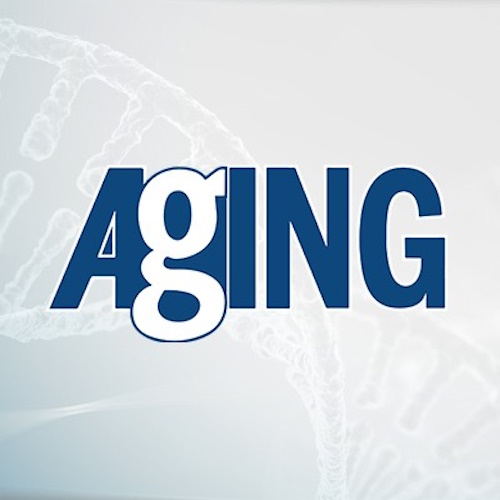Key points from article :
A new study published in the journal Aging and led by Dr. Sajad Zalzala, CEO of AgelessRx, reports the results of the first year-long randomized controlled trial of rapamycin in healthy humans. Known as the PEARL (Participatory Evaluation of Aging with Rapamycin for Longevity) study, this crowdfunded clinical trial raised nearly $183,000 through Lifespan.io, far surpassing its initial goal. The trial aimed to explore whether low-dose rapamycin—a drug long studied in animals for its lifespan-extending potential—could be safe and beneficial for human ageing.
Over 48 weeks, 114 participants (average age 60) received either 5 mg or 10 mg doses of rapamycin or a placebo. Results showed that the drug was generally safe at these low doses, with no major differences in adverse events between groups. However, the effectiveness of the compounded rapamycin used in the study was significantly lower than that of the commercially available version, sirolimus.
The study found modest benefits—particularly among women. Women taking 10 mg of rapamycin saw improvements in lean muscle mass and reduced self-reported pain. The 5 mg group, which included both men and women, showed better general and emotional well-being. Despite these promising findings, the trial didn’t show significant changes in biological ageing markers like epigenetic age, and many physical and social health metrics remained unaffected.
The researchers suggest that future studies should involve larger, more diverse populations and possibly use more potent rapamycin formulations. While the PEARL trial doesn’t prove that rapamycin extends lifespan, it offers an important foundation for further research into its potential to slow ageing and improve quality of life—especially for women.








